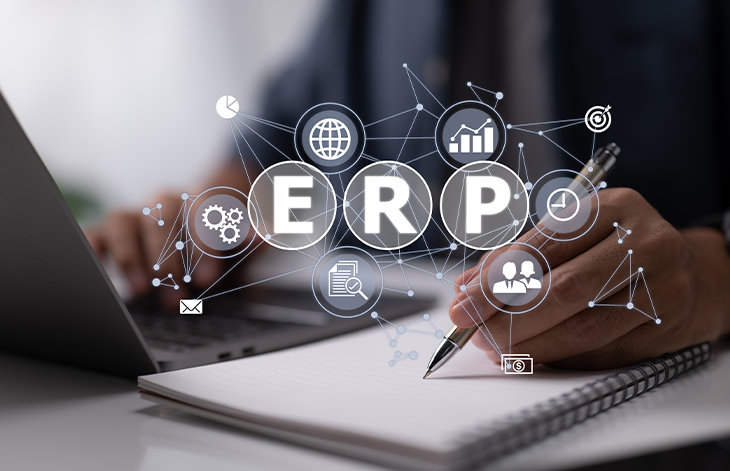Enterprise resource planning (ERP) systems are software solutions that integrate and automate core business processes across an organization.
ERP systems typically cover a wide range of functions, including accounting, finance, human resources, manufacturing, procurement, sales, and customer relationship management (CRM).
ERP systems have been around for decades, but they have become increasingly sophisticated and powerful in recent years. This is due in part to advances in technology, such as cloud computing, artificial intelligence (AI), and machine learning (ML).
Benefits of ERP Systems
ERP systems can provide a number of benefits to companies, including:
- Improved efficiency and productivity.
- Reduced costs.
- Increased visibility and control.
- Improved decision-making.
- Enhanced customer service.
The Future of ERP Systems
ERP systems are expected to continue to play an increasingly important role in the future of companies.
This is due to a number of factors, including:
- The increasing complexity of business operations.
- The need for greater agility and resilience.
- The growing importance of data and analytics.
ERP Trends
Some of the key trends in ERP systems include:
Cloud ERP: Cloud-based ERP systems are becoming increasingly popular, due to their scalability, affordability, and ease of deployment.
AI-powered ERP: AI and ML are being used to develop new features and functionality for ERP systems, such as predictive analytics, automated decision-making, and chatbots.
Industry-specific ERP: ERP vendors are developing specialized ERP solutions for different industries, such as manufacturing, retail, and healthcare.
Integrated ERP: ERP systems are being integrated with other enterprise systems, such as CRM and supply chain management (SCM) systems.
Impact of ERP Systems on the Future of Companies
ERP systems are expected to have a significant impact on the future of companies. For example, ERP systems can help companies to:
- Improve decision-making by providing real-time data and insights.
- Automate manual tasks and processes, freeing up employees to focus on more strategic work.
- Improve collaboration between departments and teams.
- Adapt to changing market conditions more quickly and easily.
Overall, ERP systems are essential tools for companies that want to remain competitive in the future.
Here are some specific examples of how ERP systems are transforming the future of companies:
Manufacturing companies are using ERP systems to improve their production efficiency and quality control. For example, ERP systems can be used to track inventory levels, optimize production schedules, and identify potential quality problems.
Retail companies are using ERP systems to improve their customer experience and omnichannel channel strategy. For example, ERP systems can be used to unify customer data across all channels, track orders, and manage inventory levels.
Healthcare companies are using ERP systems to improve patient care and reduce costs. For example, ERP systems can be used to manage patient records, schedule appointments, and track billing and insurance information.
Overall, ERP systems are playing an increasingly important role in the success of companies of all sizes and industries. As ERP systems continue to evolve and become more sophisticated, they are expected to have an even greater impact on the future of business.




